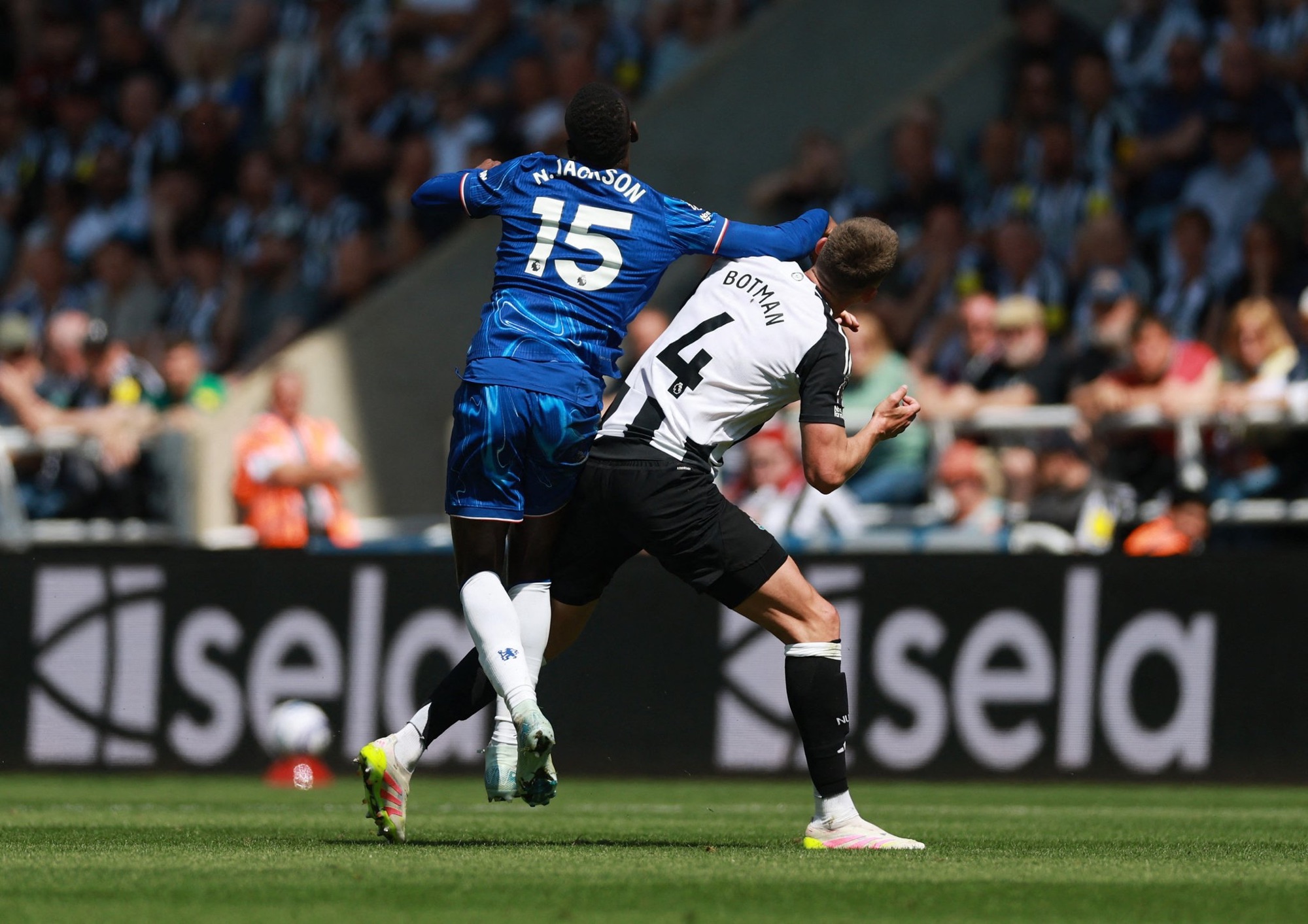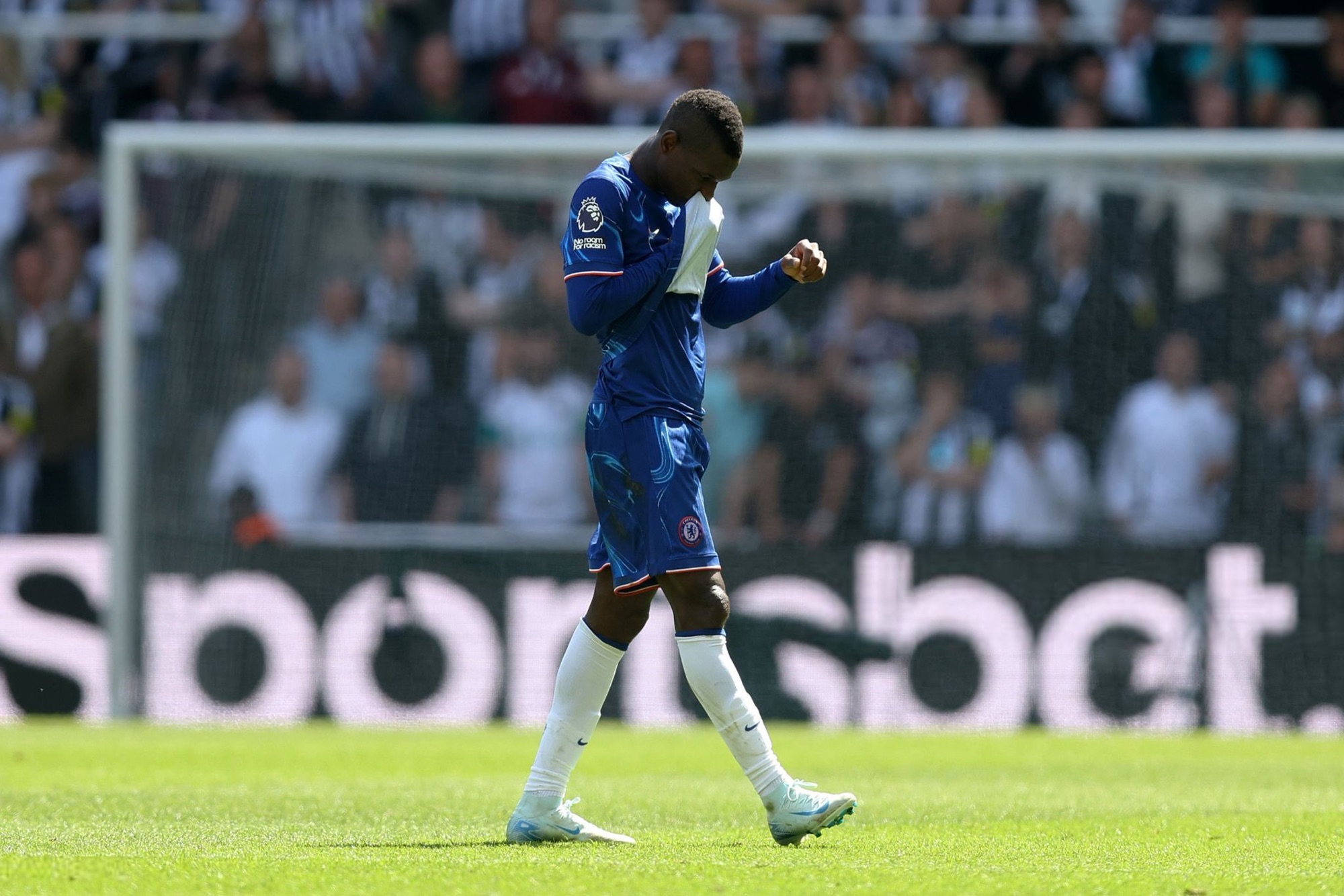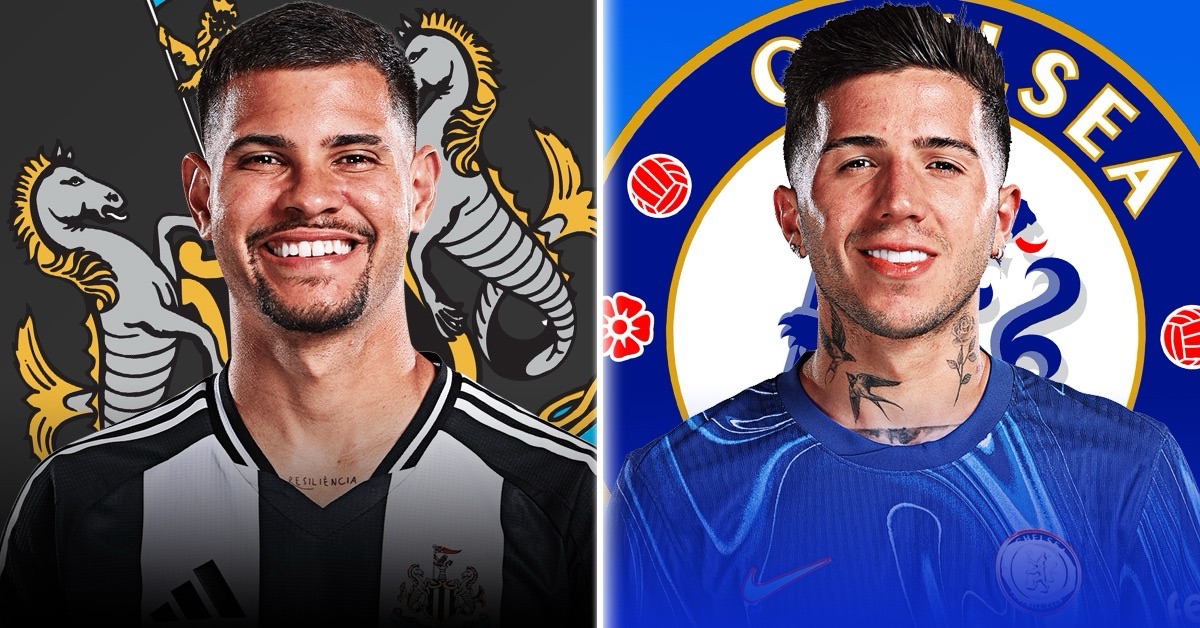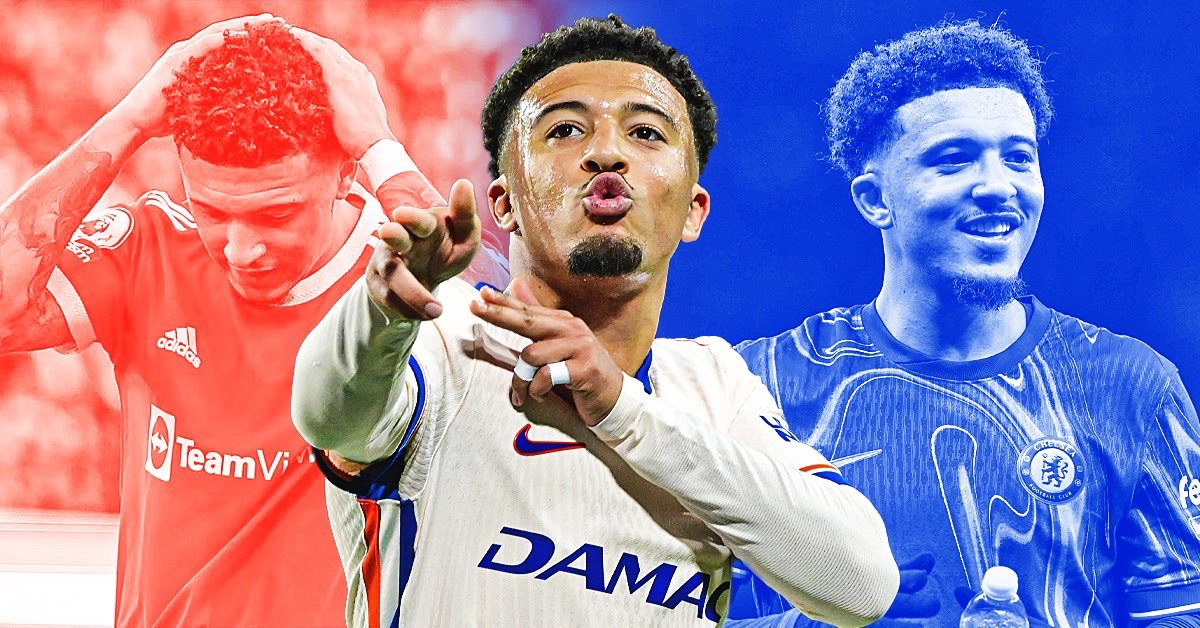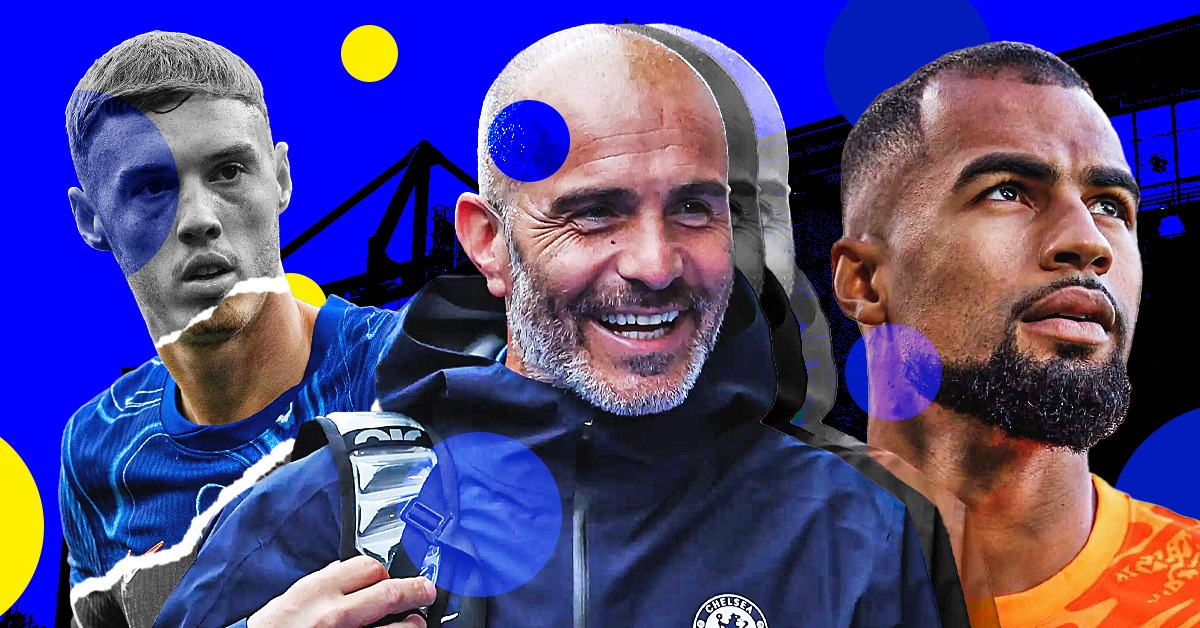 This is the final part of this series, and I’m looking at all aspects of Chelsea’s attack. Chelsea have stockpiled a bunch of the most exciting attacking talents on Earth, but unfortunately they’ve been allocated the footballing equivalent of Justin Bieber to finish the chances they create.
This is the final part of this series, and I’m looking at all aspects of Chelsea’s attack. Chelsea have stockpiled a bunch of the most exciting attacking talents on Earth, but unfortunately they’ve been allocated the footballing equivalent of Justin Bieber to finish the chances they create.
The basis of Fernando Torres’s success at Liverpool was his understanding with Steven Gerrard. In Rafa Benitez’s 4-2-3-1 formation, Torres was the lone striker, with Gerrard behind him and two of Dirk Kuyt, Albert Riera, Yossi Benayoun and Ryan Babel on the wings. The attacking band was usually Riera, Gerrard and Kuyt, and Torres was the undisputed No.1 striker. Peter Crouch and Robbie Keane came and went, but Torres was always first choice.
When Torres came down to Stamford Bridge on January 31st, 2011, it was supposed to herald the start of an invincible, all-conquering strike partnership of Didier Drogba and Fernando Torres. The sheer strength, pace and power of the Ivorian bulldozer allied to the lightning pace and brilliant finishing of El Niño should have been unstoppable. The guile and craft of Nicolas Anelka, and Yossi Benayoun, Frank Lampard’s runs from deep and the skill, flair and trickery of Florent Malouda should have been the most potent attacking force ever assembled. Michael Essien, Ramires and John Obi Mikel held the fort in central midfield. With a combination of Drogba, Torres, Kalou, Anelka, Lampard, Malouda and Benayoun in front of them, it shouldn’t have been too difficult
Carlo Ancelotti, the man who had won Chelsea’s first ever league and cup double the previous season was given the burden of realising the potential of this outrageously talented team. A veteran of two Champions League wins and multiple Scudettos at the helm and with the Premier League and FA Cup in the bag, Chelsea were in rude health.
Unfortunately, it wasn’t meant to be. Ancelotti preferred team was a 4-1-2-1-2 of Cech; Ivanovic, Luiz, Terry, Cole; Essien; Lampard, Malouda; Anelka; Drogba; Torres. As good as the team looked on paper, it just never came together as a collective. Essien’s drive and energy were wasted as a screen for the defence. Lampard couldn’t make his customary runs from deep from the right flank. Anelka was in an alien position as a trequartista, while Drogba and Torres, who had both excelled as lone strikers, seemed to have no idea what to do with a strike partner. Nevertheless, Chelsea made it to second place in the league and the quarter-finals of the Champions League, only to be thwarted by Manchester United on both fronts. Everton halted our totalitarian domination of the FA Cup, meaning the Chelsea finished the 2010-11 season trophy-less and Ancelotti was sacked.
Andre Villas-Boas was hired with a “three-year-project”. Long-term target Juan Mata and the 17-year-old weapon of mass destruction Romelu Lukaku were signed. His fellow Belgian teenage giant, 19-year-old Thibaut Courtois followed him but left for Atletico on loan. Finally, La Masia graduate Oriol Romeu joined from Barcelona, and Liverpool midfielder Raul Meireles arrived on deadline day as a result of the failure to land top target Luka Modric. With the man who was supposed to be Chelsea’s answer to Alex Ferguson leading us into the new season, it’s fair to say that Chelsea fans were very excited about the season lying ahead. But I don’t think anybody could have foreseen what was to unfold.
AVB stuck to his tried-and-tested 4-3-3 formation that had won him four trophies at Porto the previous season. Initially, the signs were positive. Chelsea made their customary flying start to the league season, winning six of their first eight games. The only real blip came at Old Trafford, where Chelsea were undone by two offside United goals, some outstanding David De Gea saves and Fernando Torres’s inability to kick a ball in a straight line in a 3-1 loss. But the six-pronged strike-force of Torres, Drogba, Anelka, Kalou, Sturridge and Lukaku were showing positive signs. The usual attack was Sturridge, Torres and Mata, with Kalou, Drogba and Malouda rotating in and out. Sadly though, Lukaku and Anelka were getting marginalised. Anelka left for China in January, while Lukaku only managed one starting appearance all season, and that on the final day.
Sadly, Chelsea failed to maintain their early season form. The positive start to the season was followed by three defeats in four games to QPR, Liverpool and Arsenal. Three straight wins over Swansea, Bolton and Everton were succeeded by a dismal winter slump of a meagre three wins in twelve games. Chelsea were languishing outside of a Champions League place and a 3-1 defeat to Napoli left the Blues teetering on the brink of an early exit from Europe, and AVB was sacked.
Fans’ favourite Roberto Di Matteo stepped in as a caretaker manager until the end of the season, and the miracles began. An extraordinary comeback to beat Napoli 4-1 and a 2-0 win over Birmingham City put Chelsea into the quarter-finals of the Champions League and the FA Cup. There was an immediate switch from the 4-3-3 to a 4-2-3-1 formation, with Mikel and Lampard or Meireles as a double pivot, and an attacking band of Kalou, Mata and Ramires. Drogba tended to play in the Champions League, with Torres in the Premier League and FA Cup. This led to further reduced minutes for Lukaku, Malouda and Sturridge, but the cup runs continued. Leicester City and Benfica were swatted aside, and then we moved on to the real business. Spurs, enjoying an excellent league season, were annihilated 5-1 at Wembley. Barcelona were frustrated by a brilliantly organised Chelsea defence at Stamford Bridge, and Didier Drogba gave Chelsea a 1-0 lead to take to the Nou Camp. Busquets scored, Terry was sent off and Iniesta gave Barca a 2-1 aggregate lead. Chelsea were 2-0 down on the night, had lost their captain and had a back four of Ramires, Bosingwa, Ivanovic and Cole.
I don’t need to tell you how the rest of the adventure panned out. Barcelona, Liverpool and Bayern Munich were conquered by Didier Drogba’s brilliance, Petr Cech’s logic-defying saves and some sheer luck. Maybe it was fate, maybe it was, as Gary Neville put it, “written in the stars” that King Didier of Wembley, Stamford Bridge and the Allianz Arena would be our saviour. I think it probably was foretold that the man who single-handedly stopped a civil war would come to our aid and rescue us when we needed him most. When Petr Cech was so nearly killed by Stephen Hunt, perhaps it was set in stone that his fingertips and the woodwork would deny Andy Carroll, Lionel Messi, Arjen Robben and Bastian Schweinsteiger by millimetres.
Extraordinary cup runs couldn’t mask a sixth-place league finish, the lowest since 2002. Di Matteo actually finished the 2011-12 season with a worse league record than Andre Villas-Boas, but the overwhelming support of the Chelsea fans and the wider footballing public landed him the manager’s job on a two-year deal. And then the recruitment began.
Marko Marin had already been captured for £7m from Werder Bremen, but there were bigger fish to fry. The most sought-after player in Europe, Lille’s Eden Hazard, had announced that 2011-12 was to be his last season in northern France, and he was immediately linked to a possy of Europe’s top clubs. Arsenal, Real Madrid, PSG and Spurs were all interested, but it ended up as a three-way fight between Chelsea, Manchester United and Manchester City. The infamous tweets were released, and Eden Hazard signed for Chelsea on June 4, 2012.
Next to arrive on July 24 was a very similar type of player with a very similar name; Eden’s younger brother Thorgan, from Lens in Ligue 2. At first, this looked like a confusing and unusual piece of business. Thorgan had clearly been angling for the move, but what were Chelsea doing, picking up an unknown 19-year-old kid without any star quality from the French second division? Maybe we’ll see exactly what Chelsea were doing in years to come. Thorgan has been making waves with Zulte-Waregem in Belgium this season, and looks to have a bright future.
The very next day, Chelsea confirmed another unexpected signing, that of Porto Alegre’s highly-rated 20-year-old Brazil international Oscar, for a £25m fee. Oscar had been heavily linked with Spurs, for around £8m, but Chelsea suddenly blew them out of the water with a £25m bid. A smile and handshake between Oscar and Daniel Sturridge in the Brazil vs Great Britain friendly match told us all we needed to know – Oscar was a Chelsea player.
The final attacking acquisition was a more expected one. With a week left of the transfer window, we learned that Wigan Athletic had accepted Chelsea’s fifth bid for their star player, Victor Moses. The medical was passed, the contract agreed, and Victor Moses became a Chelsea player on August 24. Cesar Azpilicueta was signed from Marseille on the same day, and Chelsea’s business was done.
Well, not quite done. Drogba and Kalou had left, and Michael Emenalo and Roberto Di Matteo allowed 25 players to leave on loan, including gifted attackers like Kevin De Bruyne, Romelu Lukaku, Thorgan Hazard and Gael Kakuta. Florent Malouda was banished to the reserves, Daniel Sturridge got injured and suddenly Chelsea’s squad was nowhere near as deep as it had been. Still, with the holy trinity of Mazacar plus Moses, Marin and Piazon, Chelsea were in pretty good shape.
2012-13 started wonderfully well, as always. Seven wins from the first eight games gave Chelsea a healthy lead at the top of the table. Mata, Hazard and Oscar were flying, Chelsea were at the top of their Champions League group, and even Fernando “Bieber” Torres had remembered where the net was. And then it all unravelled. Fernandinho, Ilsinho, Willian, Mkhitaryan and Luiz Adriano dominated Chelsea in the Donbass Arena, horrific officiating allowed Manchester United to win 3-2 at the Bridge and after a dismal November with further defeats to West Brom and Juventus, Di Matteo was scandalously replaced by FSW, and he couldn’t stop an awful run of no wins in 7 league games. He couldn’t save us from the Europa League, and worst of all, he persisted with Fernando. Despite a brief spell of 7 goals in 7 games in December, FSW hasn’t even come close to getting Torres firing again. 7 goals in 28 league games is pitiful, especially when you consider that he’s got guys like Mata, Oscar and Hazard behind him. Eden Hazard is a winger in his first season in the Premier League, and he’s scored more than Torres. Frank Lampard is a 34-year-old midfielder with five more goals than Torres despite playing 675 minutes fewer.
Demba Ba was snapped up from Newcastle for £7m, but he’s hardly been the answer. Daniel Sturridge left for Liverpool in the meantime, so we’ve got no more depth than we previously had. The only real positive is that Bieber hasn’t been starting every game, and when Ba doesn’t score he occupies defenders much better than Bieber (see Hazard’s goal against West Ham for a perfect example). Lucas Piazon also left on loan to Malaga, but Yossi Benayoun returned from his loan at Upton Park. And just because we blatantly don’t have enough young attacking midfielders/wingers, 17-year-old Cristian Cuevas signed from Chilean club O’Higgins.
Attacking midfielders and wingers on Chelsea’s books: Juan Mata, Eden Hazard, Oscar, Kevin De Bruyne, Victor Moses, Marko Marin, Yossi Benayoun, Florent Malouda, Gael Kakuta, Lucas Piazon, Cristian Cuevas, Lewis Baker, Amin Affane, Jeremie Boga, Alex Kiwomya, Ulises Davila, Jesse Starkey, Bertrand Traore, Tom Howard, George Cole.
Strikers on Chelsea’s books: Demba Ba, Fernando Torres, Romelu Lukaku, Patrick Bamford, Islam Feruz, Reece Mitchell, Chike Kandi, Dominic Solanke.
Just as with the midfielders, there are huge rafts of attacking talent at Cobham and all over the rest of the world. But when you actually look at the reality, things are somewhat different (and that doesn’t necessarily mean better or worse).

